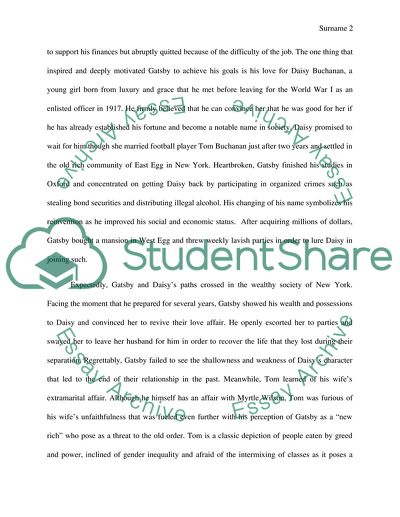Cite this document
(“The Great Gatsby Essay Example | Topics and Well Written Essays - 1500 words - 2”, n.d.)
Retrieved from https://studentshare.org/english/1608130-the-great-gatsby
Retrieved from https://studentshare.org/english/1608130-the-great-gatsby
(The Great Gatsby Essay Example | Topics and Well Written Essays - 1500 Words - 2)
https://studentshare.org/english/1608130-the-great-gatsby.
https://studentshare.org/english/1608130-the-great-gatsby.
“The Great Gatsby Essay Example | Topics and Well Written Essays - 1500 Words - 2”, n.d. https://studentshare.org/english/1608130-the-great-gatsby.


